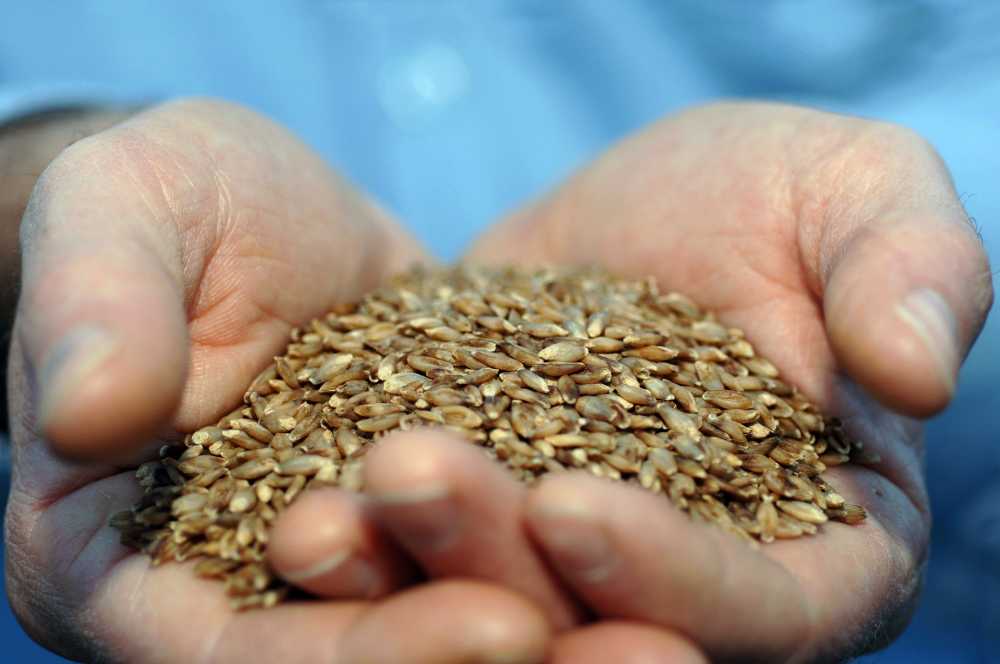
Online grain passports have moved a step closer as the cereal industry said they favoured the adoption of this electronic system to replace paper passports.
Responses to a six-month consultation on the eGrain Passport initiative were discussed this week, with trade associations, individuals, groups and companies feeding into the consultation. Most were largely in favour of adopting an electronic system to replace the current paper grain passport.
Now AHDB has now been tasked with drafting a detailed, timetabled and fully-costed proposal for a GB-wide implementation of the system, to be considered by the group at a further meeting in March 2017.
The eGrain Passport was first mooted by the Cereals Liaison Group in 2012 as a way to address shortcomings in the paper passport, improve two-way information flow and enhance crop assurance, as well as ensuring the industry is prepared for any future data or traceability requirements.
Following detailed discussions with farmers, merchants, hauliers, processors and off-farm stores, a pilot system was developed by AHDB. It was tested with live loads from 2014 to 2015, with four merchants, a miller, a maltster, 22 farms and nine haulage companies involved.
'World leading system'
A report detailing the practicalities, costs, benefits and risks of a national electronic passport system identified during the pilot was put out to industry consultation earlier this year.
It estimated a return of £3 to the supply chain for every £1 spent on such a system, over the course of its first ten years of use.
As part of the consultation, respondents were asked who should finance and manage the initiative, with all but one saying it should be AHDB-owned and funded by levy, at least until fully established.
Dr Martin Grantley-Smith, AHDB Sector Strategy Director for Cereals & Oilseeds, said: “An electronic grain passport system would be world leading and is set to bring benefits to businesses across the supply chain, bringing transparency and efficiency to every part of the process of moving grain.
“The positive response to this summer’s consultation demonstrates an industry confident enough to prepare itself for future challenges and willing to embrace new technologies.”
